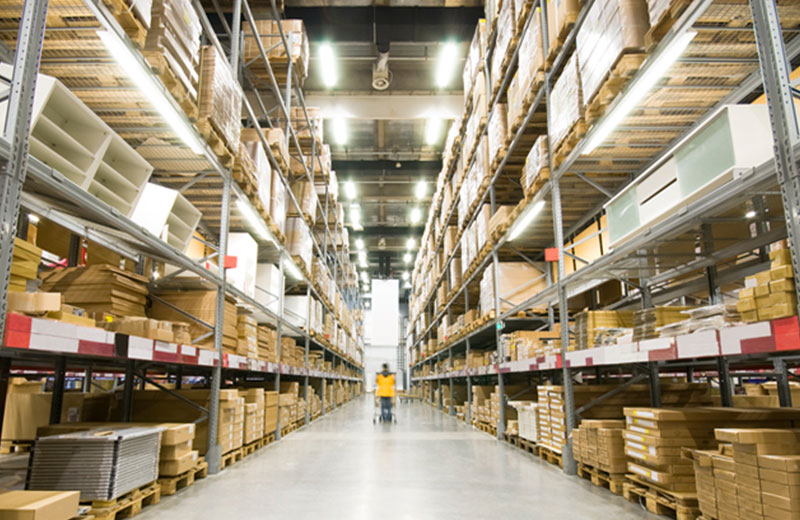[vc_row][vc_column][vc_column_text]
In a bid to double revenues to Rs 10,000 crore by the end of March 2017 and give stiffer competition to MNC rivals, Patanjali Ayurved has started work on strengthening its distribution network as it prepares for the roll out of the goods and services tax (GST).
In the last three months, the Baba Ramdev-backed FMCG firm has leased 1.2 million sq ft of modern warehousing space across 20 top cities and will ramp this up to over 2 million sq ft by end of fiscal, said Acharya Balkrishna, who is Ramdev’s partner in the venture and also managing director of the firm. “We reached turnover of around Rs 5,000 crore at March-end and should reach Rs 10,000 crore by fiscal-end,” Balkrishna said. “We have reached a certain size. Now, without strong planning, not be able to grow further.”
Part of strong planning is improvement in supply chain. “Till we have warehouses in all states, there will be problems in distribution. We are trying to sort that out quickly. We are strengthening distribution network,” he said. Balkrishna’s aim is to improve supply across India for which, he said, the only way is to modernize.
With the countdown for GST on, the company is doing its supply chain planning to gear up for the new tax. For this, it plans to set up 5-7 large distribution centres at key locations, totalling 2 million sq ft of warehousing. These centres will act as hubs in the post-GST scenario and will be set up around Patanjali’s new manufacturing plants. Existing warehouses will act as spokes.
The entire supply chain planning is being done in-house, unlike FMCG firms that hire international consultants to draw up a plan. The company has hired a qualified team, he said. Balkrishna said the new manufacturing plants are likely to be in Vidharbha, Bundelkhand regions and Assam to tap markets in the Northeast. “Farmers in all of these areas are facing problems today selling their produce. They will benefit when we procure raw materials from them. We could also look at creating backward linkages for our manufacturing units through contract farming in these areas,” he said.
[/vc_column_text][/vc_column][/vc_row]








